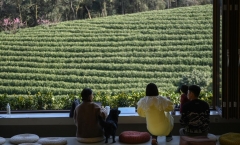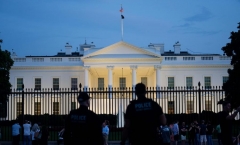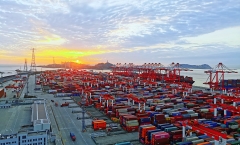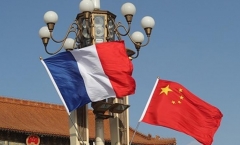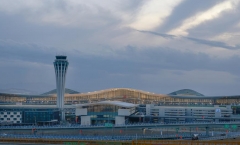A Sweet Bond: From Chilean Orchards to Chinese Tables
The significance of the friendly China-Chile relations is that it proves countries of different sizes, different systems and far apart can indeed establish a high level of mutual trust and maintain a focus on common development through mutual respect, equality and mutual benefit.
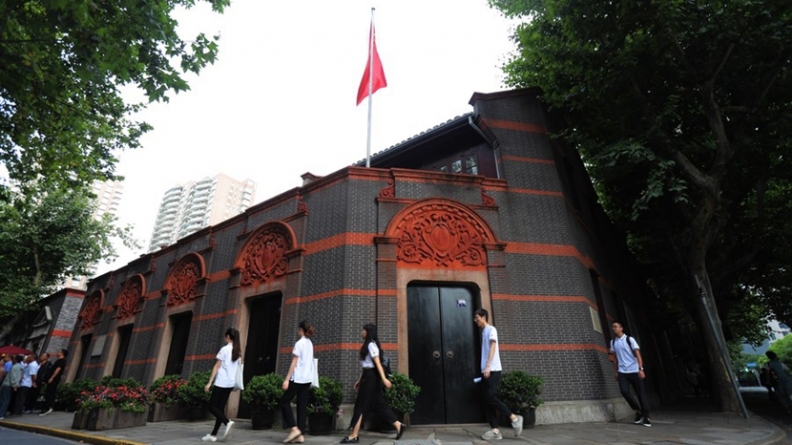
 Facebook
Facebook
 Twitter
Twitter
 Linkedin
Linkedin
 Google +
Google +

